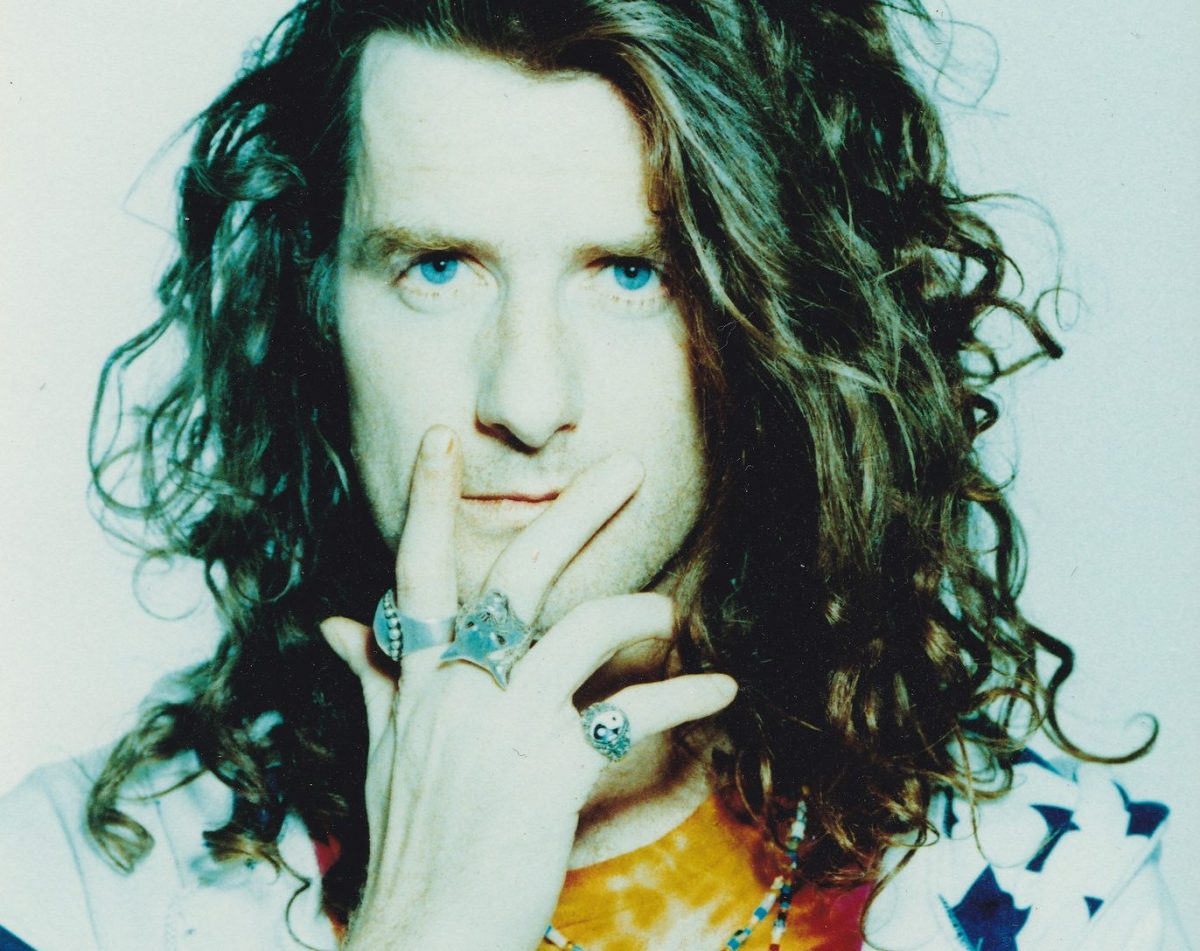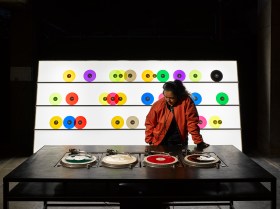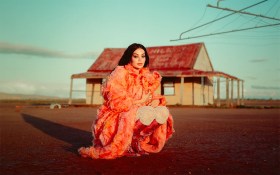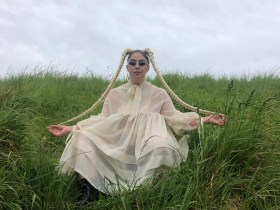Pioneering post-punk and electronic musician, DJ, sound designer and producer Ollie Olsen died on Wednesday (16 October) after losing his battle with the rare neurological condition, multiple system atrophy. He was 66.
Olsen, an eclectic, talented, collaborative and much-admired artist, “fought long and hard like the Viking he was against multiple system atrophy since 2019 when he first began to have symptoms,” according to a post shared on his Instagram page this week.






